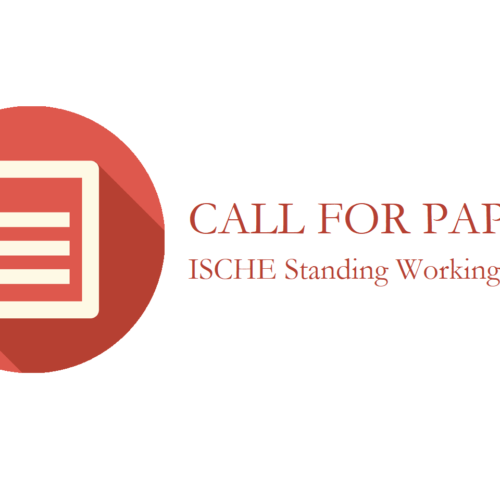The concepts of ‘modernization’ and ‘modernity’ in the history of history education
ISHD & ISCHE invite contribution to a Joint Session at the CISH/ICHS conference in Poznan (Poland) , 23.-29.8.2020 https://ichs2020poznan.pl/en/
Please submit an abstract (up to 1000 words) and a short CV to susanne.popp@philhist.uni-augsburg.de by 15 February 2020.
Joint Session: The concepts of ‘modernization’ and ‘modernity’ in the history of history education
Organizers: International Society for History Didactics (ISHD) & International Standing Conference for the History of Education (ISCHE)
Prof. Dr. Susanne Popp (University of Augsburg) & Prof. Dr. Eckhardt Fuchs (Georg Eckert Institute for international Textbook Research)
Proposal
Since its institutionalization, history teaching in schools has been an important societal place where the concepts of ‘modernization’ and ‘modernity’ have been and are being negotiated.
‘Modernization’: On the one hand, the history of history teaching since the 19th century can be told as a continuous process of ever new reform calls, which demanded to overcome ‘the old’ or ‘outdated’ and to adapt history teaching to the (supposed) challenges of the respective present and (presumed) future.
‘Modernity’: On the other hand, since its institutional emergence in the context of ‘nation-building’, history education has always regarded the ‘modernity’ of the present as a dominant point of reference for the historical narratives to be mediated to students. While the idea that the “present” represents the ‘most advanced’ point within the historical narrative remained largely unchanged, the statements about the ‘central challenges’ of the respective present and future were and are subject to manifold historical changes and document the temporal nature of the historical and social contexts of history education.
The Joint Session is not only interested in international case studies on significant ‘modernization processes’ in the past and present of historical education (e.g. political, social, cultural and ideological contexts, debates on goals of history education, reception and/or effects of reform). He also welcomes studies that examine the historical transformation of the concepts of ‘modernity’ and the respective ‘present’ in curricula, textbooks, teaching materials, and historical didactic and pedagogical discourses.
Based on the case studies the aim of the joint session is to discuss the concepts of ‘modernization’ and ‘modernity’ related to history education in international comparisons and from a historical perspective. Contributions that examine these aspects from a national and international perspective are welcome. Case studies on history teaching in postcolonial countries are particularly welcome.
Please submit an abstract (up to 1000 words) and a short CV to susanne.popp@philhist.uni-augsburg.de by 15 February 2020.
About author
You might also like
CfP – Feminisms and Politics in Interwar Balkans and East-Central Europe
We are pleased to announce a call for papers for the upcoming conference “Feminisms and Politics in Interwar Balkans and East-Central Europe.” The conference aims to explore feminist movements in
Mapping the discipline SWG invites submissions for ISCHE 39 Conference. Deadline: Jan. 31, 2017
Mapping the Discipline History of Education Convenors: Eckhardt Fuchs, Rita Hofstetter, Solenn Huitric & Emmanuelle Picard The Standing Working Group “Mapping the Discipline History of Education” will held its fourth
Summer School in European Education Studies 2025 – Call for Applications
Venue: Institute of Education ULisboa, Portugal Date: 23-26 June 2026 Application deadline: 31 March 2025 SUSEES is a Summer School in European Education Studies open to 20 emerging researchers from


